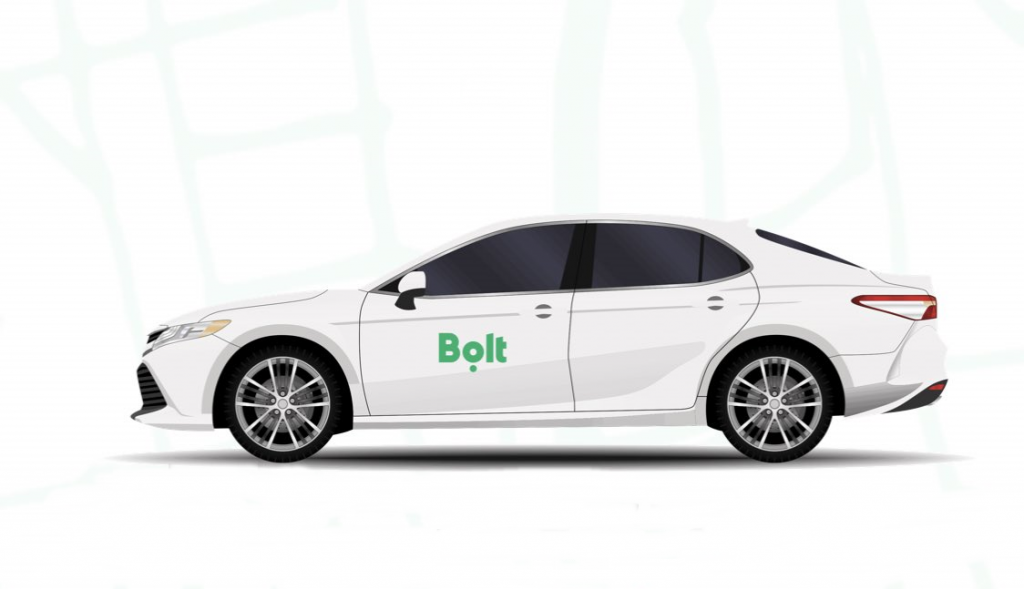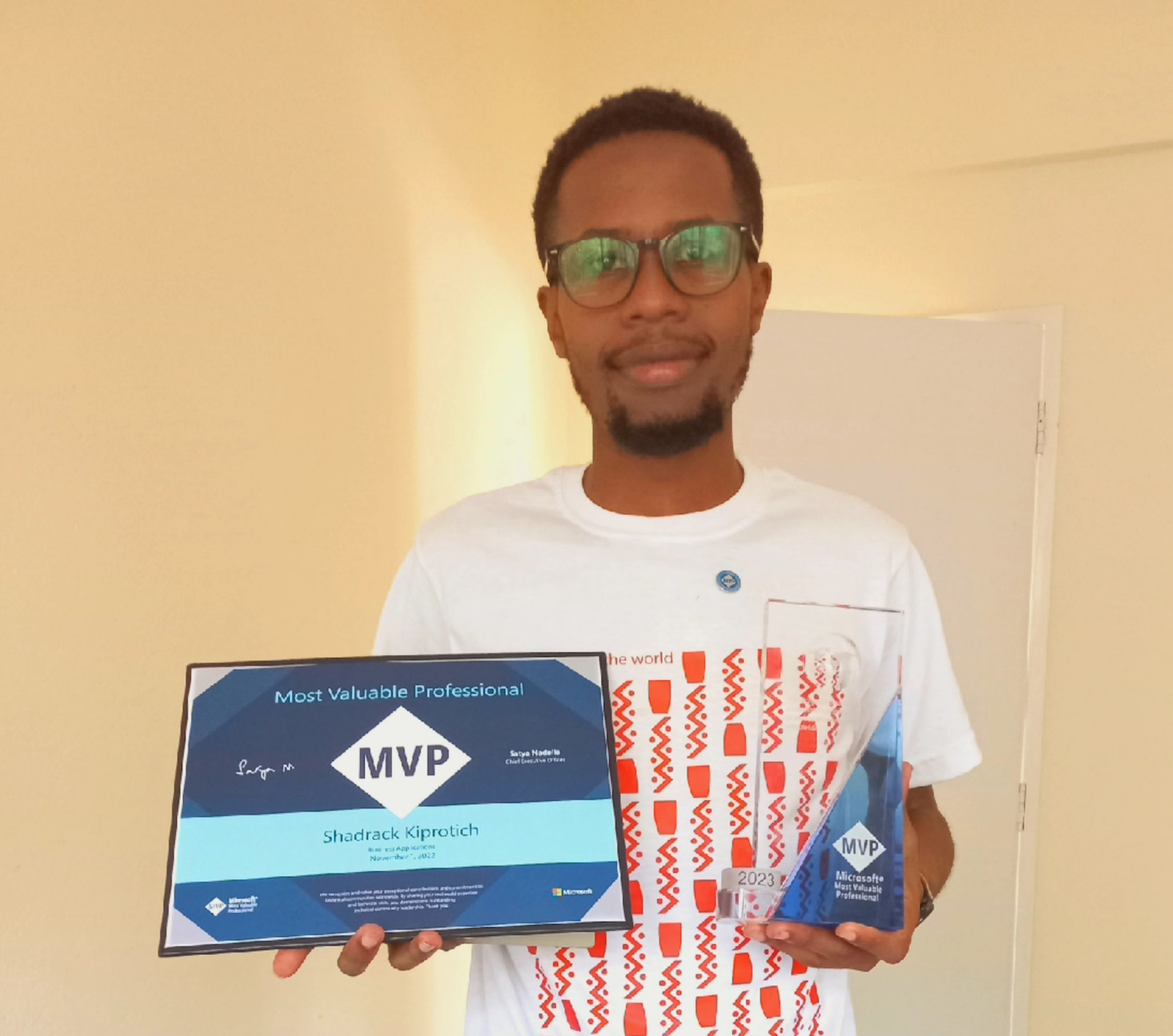Mobility platform Bolt, has introduced a new cancellation option in its app, aimed at deterring users on its platform from taking offline trips and paying off the app, so as to further enhance the safety and well-being of riders.
Riders will now be able to cancel a trip by selecting the option ‘driver asked to pay off-the-app’ under specific circumstances. This feature empowers riders to take immediate action should they encounter situations where the driver asks for payment for a trip outside the app, requests payment exceeding the agreed-upon trip fare, or encourages cancellation of the trip to go offline.
Linda Ndungu, Country Manager said:
“We’re happy to introduce our latest cancellation option, designed to cut down on offline trips and address instances where drivers insist on charging rates exceeding those on the app. At Bolt, we strongly discourage both drivers and riders from using the platform to exchange contact details or negotiate for offline trips. This goes against the safety and reliability we aim to uphold for our users. When drivers and riders go offline, essential safety features like GPS tracking and SOS coverage in the app become inactive, leaving users vulnerable and without access to critical in-app safety tools. Remaining online ensures the effectiveness of these features and prioritises the safety of our users. Mitigating actions are also in place for drivers continuously reported as soliciting offline trips. These actions include temporary bans and account suspensions, as we remain dedicated to providing a secure platform for everyone.”
To ensure safety for both drivers and passengers, Bolt encourages both passengers and drivers to take advantage of the safety features provided in the app’s Safety Toolkit. These features are specifically designed to operate during active (in-app) trips.
Bolt is committed to providing a secure and reliable ride-hailing experience for all users. The introduction of the new cancellation reason option reinforces this commitment, offering riders a powerful tool to prioritize their safety and well-being




